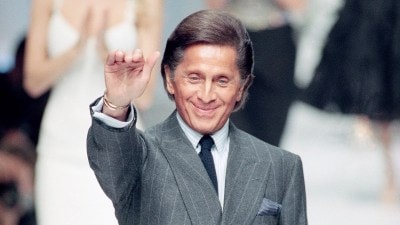Exit, the opinion poll?
One of the foundational principles on which Indian democracy rests is the guaranteed right to freedom of speech and expression. And such a r...

One of the foundational principles on which Indian democracy rests is the guaranteed right to freedom of speech and expression. And such a right clearly covers the conducting of opinion polls and the dissemination of their findings. The caveats that restrict this fundamental right, relating to public order, cannot be reasonably invoked to halt opinion polls, especially if they relate to the exercise of yet another fundamental right, the right to exercise one8217;s franchise. Therefore, it is not clear what principle in law the Election Commission and political parties are trying to invoke in seeking a ban on them. The case for not publishing the results of an exit poll, until the final round of voting on the last day of voting is completed, is stronger. But the case against pre-election opinion polls is non-existent and the idea should be rejected out of court.
There are only two categories of people who would presume that they stand to benefit from such a move. The first are the control freaks in the bureaucracy who like to believe that they know best what8217;s good for Indian democracy. The other are the potential losers, who don8217;t want their already bleak electoral prospects publicised because they believe that it could influence voters. This is more a comment on the state of their confidence, than the wisdom of their stance. After all, a party shown as being on the losing side can use poll findings to motivate its cadres and supporters to do better. Similarly, a political party that is shown to be winning can suffer from voter complacency, which in turn could hurt the party8217;s electoral prospects.
In any case, how opinion polls impact on the electoral prospects of political parties cannot be the basis for allowing or banning opinion polls. In a democracy every one has the freedom to seek out public opinion and publicise it. Having said this, it8217;s also true that there are credible and non-credible polls and surveys. It is true that some pollsters have come under a cloud for their lack of professionalism and ethical uprightness. Some of them deliberately manipulate data for ulterior political objectives. But any system must learn to discern professionalism and discredit motivated material. Banning is no way to deal with the problem. Consider the case of the opinion poll commissioned by the Express Group and NDTV and conducted by AC Nielsen. No one can question the professional credentials of AC Nielsen, much less those of psephologists and analysts like Prannoy Roy, Dorab Sopariwala and Yogendra Yadav, who are associated with the poll. No political party can claim any biases here, given the impeccable professionalism that marks such a poll, even as the citizen stands to gain tremendous insights into a complex process in which she or he participates as voters.
- 01
- 02
- 03
- 04
- 05































